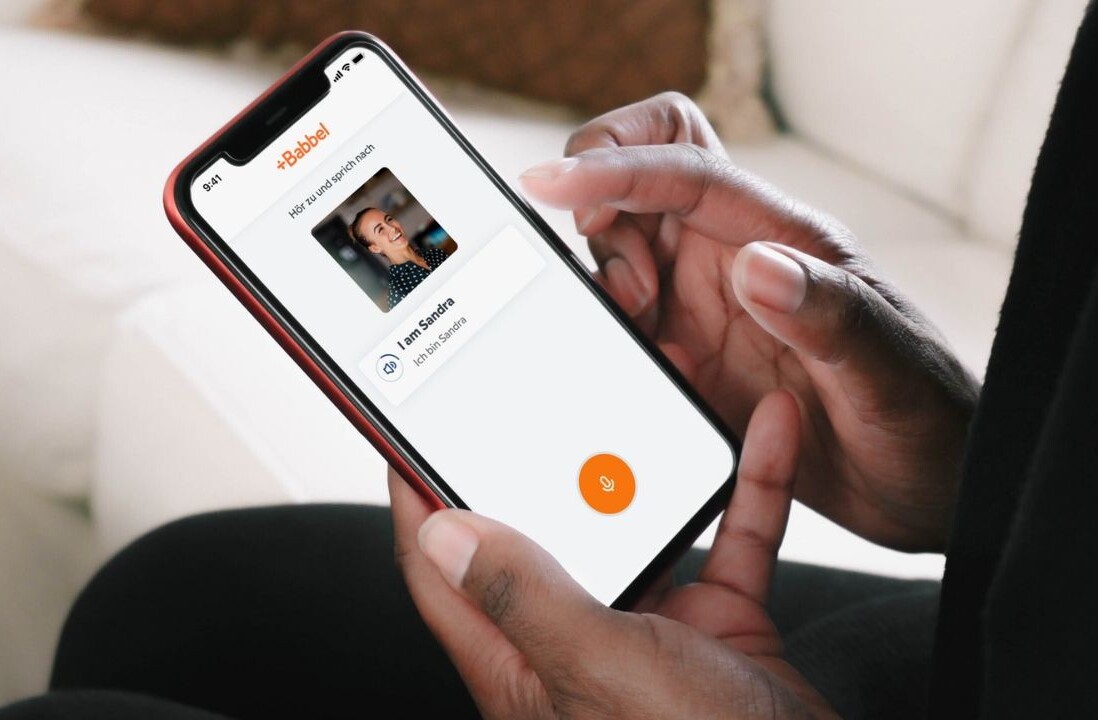

A valiant cause to be sure, but how well do they do it? We’ll say it nicely, the idea is good, but the implementation needs some fine tuning before I recommend any of my friends with problems (some of them I think do need some help), to the website.
In The Rooms (ITR), bills itself as a “global recovery community,” that wants to help support anyone and everyone impacted or afflicted with addiction. I made a test account and put the site through the paces.
So how well do they do? Well, despite a glaring typo on their front page, just alright. I created an account and had a new message right away. Like any other time I am new to a social network, I assumed that it was a note from the community or company saying hello. Actually no, it was a spammer telling me how to lose weight. Bad start.
It was less than fifteen seconds from account creation to spam. Best part, the spammers account is called “news6SPAMMER.” I mean, what more do you need?
The site claims to be established. At 10:30 pm Central Standard Time, some 127 people were online. The company also claims some 2.5 million comments, a nearly a quarter million photos uploaded. The total member count is hidden. Compete puts their US traffic at a mere 28,000 US uniques in January.
The site has a standard blend of forums, profiles, and other vanilla social networking components. The company obviously has a serious eye on privacy, given its touchy topic matter, which is crucial. If they had done privacy incorrectly, the whole webservice would be a moot ghost-town.
Is it worth using? If they clean the sites edges some, and build out its addiction specific capabilities (fellowships, speaker tapes, etc), it just might be.
How does the site make money? It does not appear to at the moment, but it could generate serious affiliate revenue from pointing people with problems to addiction rehab centers, and connecting concerned friends and family to people who can intervene. Not Google money, but it could pay the light bill.
It is a niche service aimed at a sector that I know very little about, but it does seem that the more help and support that people with addictions receive the better.
Will you use it?
Get the TNW newsletter
Get the most important tech news in your inbox each week.




